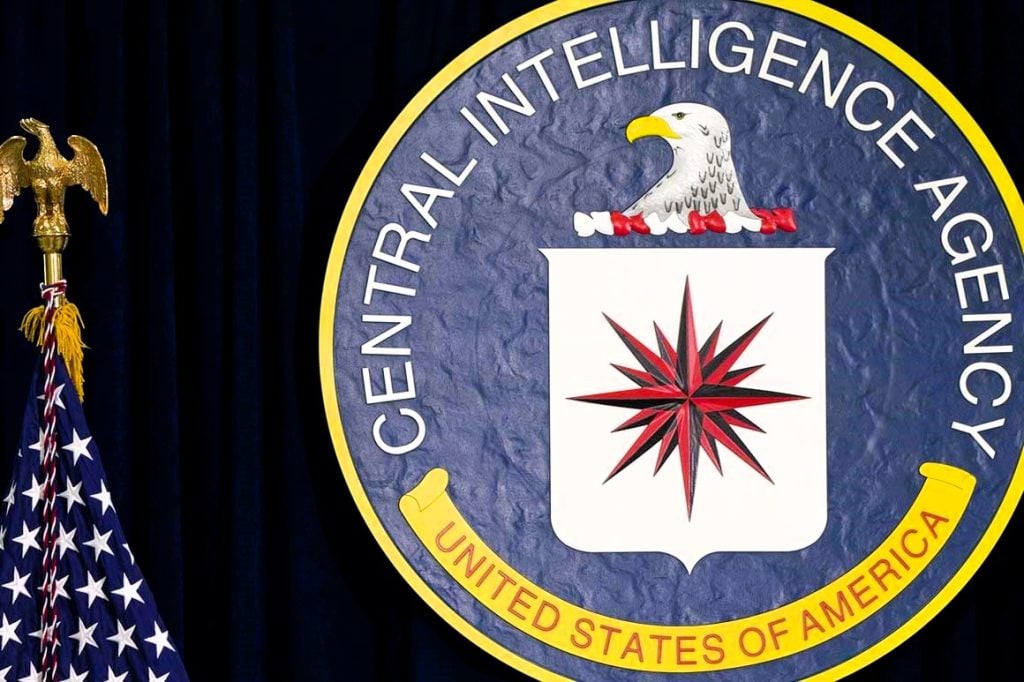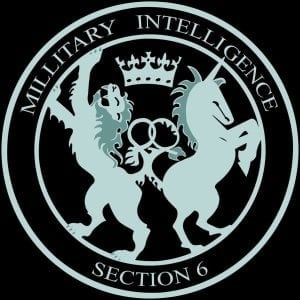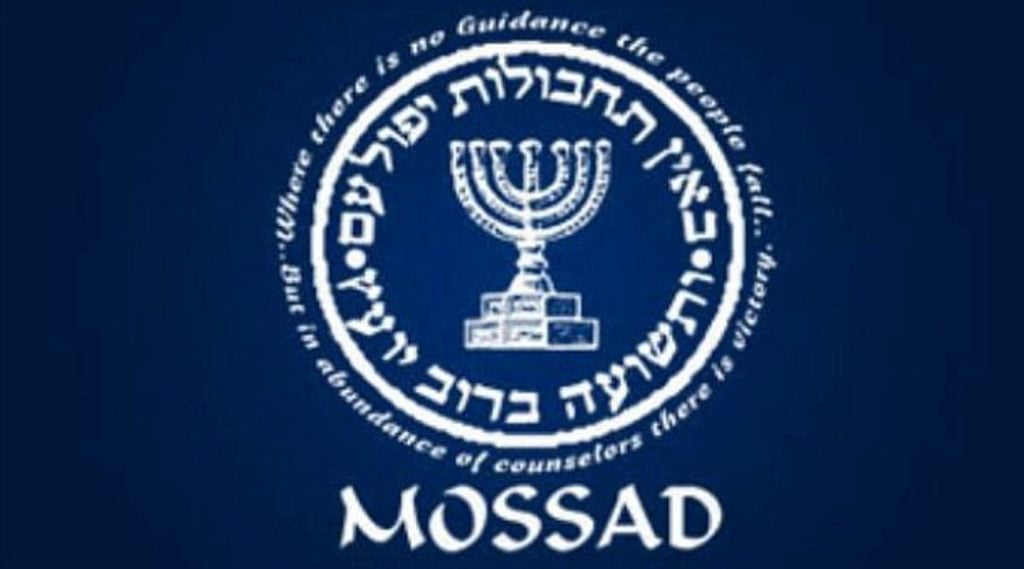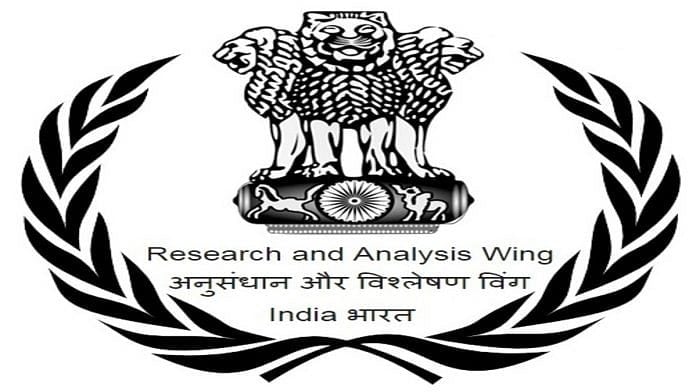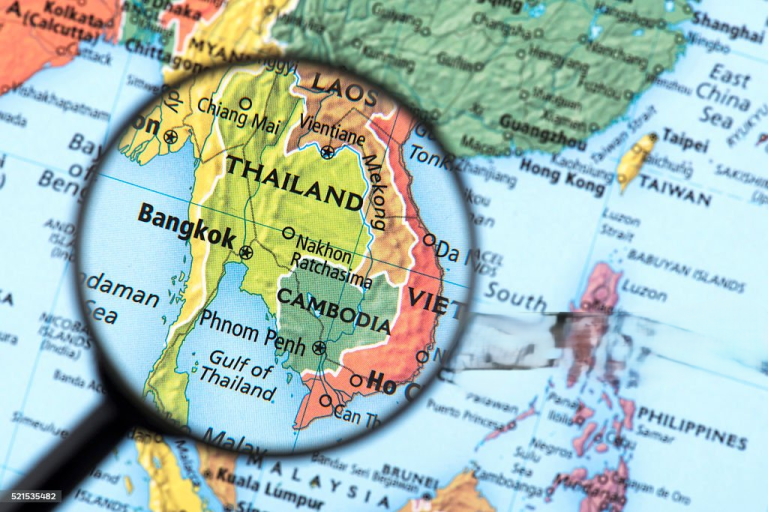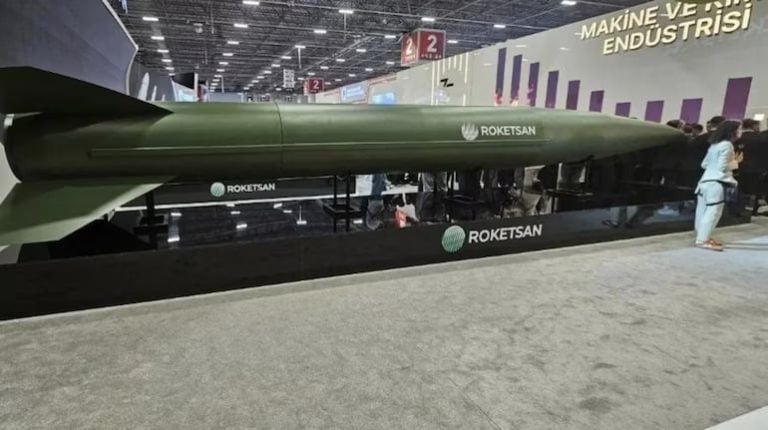Intelligence agencies are crucial to maintaining national security and influencing global geopolitics. These organizations operate discreetly, gathering vital information and executing covert operations to protect their nations’ interests. In this article, we will explore the five most powerful intelligence agencies that have established their prominence on the world stage.
From the Central Intelligence Agency (CIA) of the United States to the Research and Analysis Wing (RAW) of India, we will delve into their histories, operations, capabilities, and significant contributions to their respective countries.
Also Read | Top 8 Tips to Ace NDA Physical Fitness Tests
1. Central Intelligence Agency (CIA)
Overview of the CIA
The Central Intelligence Agency (CIA) is a cornerstone of the United States’ intelligence community, officially established in 1947. It serves as the civilian foreign intelligence service of the U.S., tasked with collecting, analyzing, and disseminating intelligence vital to national security.
Historical Context
The origins of the CIA can be traced back to the Office of Strategic Services (OSS), which was active during World War II. The OSS was pivotal in gathering intelligence and conducting operations that proved crucial to the war effort. Following the war, President Harry Truman recognized the necessity of a centralized intelligence agency to address emerging threats, leading to the formation of the CIA under the National Security Act of 1947.
Key Operations
The CIA’s operations are multifaceted, encompassing:
- Human Intelligence (HUMINT): Gathering intelligence through human sources.
- Covert Actions: Undertaking operations that are not publicly acknowledged.
- Analysis: Producing objective assessments to inform policymakers.
The agency employs various specialized Mission Centers that focus on high-priority issues such as counterterrorism, counterintelligence, and cyber threats.
Technological Advancements
The CIA has continually adapted to technological advancements. The Directorate of Science and Technology is responsible for developing innovative tools and methods for intelligence collection. Recent efforts include the establishment of the Directorate of Digital Innovation, which integrates digital and cybersecurity capabilities into the agency’s operations, reflecting its commitment to staying ahead of evolving threats.
2. Secret Intelligence Service (MI6)
Overview of MI6
The Secret Intelligence Service (SIS), commonly referred to as MI6, is the United Kingdom’s foreign intelligence agency. It plays a vital role in gathering and analyzing intelligence to safeguard national security and support the country’s foreign policy objectives.
Historical Background
MI6 originated in 1909 as part of the Secret Service Bureau, initially focusing on countering German espionage. Over the years, it evolved significantly, particularly during World War I and World War II, when it became instrumental in intelligence operations, including the decryption of enemy communications.
Core Functions
MI6 is primarily engaged in:
- Counter-Terrorism: Working to prevent terrorist activities both domestically and internationally.
- Espionage: Conducting clandestine operations to gather critical intelligence.
- Cyber Operations: Utilizing technological expertise to mitigate cyber threats.
The agency collaborates closely with other intelligence entities, such as MI5 and GCHQ, to address various security challenges effectively.
Notable Achievements
Throughout its history, MI6 has been involved in several high-profile intelligence operations, including the successful decryption of the Enigma machine during World War II. Its adaptability to changing global dynamics has ensured its relevance in contemporary security matters.
Also Read | Top 13 Tips to Ace Your CDS SSB Interview
3. Mossad
Overview of Mossad
Mossad is Israel’s national intelligence agency, renowned for its effectiveness and daring operations. Established in 1949, it has become synonymous with Israel’s security strategy and international intelligence efforts.
Historical Significance
Founded under Prime Minister David Ben-Gurion, Mossad was initially created to coordinate existing intelligence services. Its structure allows it to report directly to the Prime Minister, giving it a unique position within the Israeli government.
Operational Scope
Mossad’s operations are diverse and include:
- Counter-Terrorism: Actively preventing threats to Israeli citizens and interests globally.
- Espionage: Gathering intelligence on hostile nations and groups.
- Covert Operations: Executing missions that require secrecy and precision.
One of its most notable missions was the capture of Adolf Eichmann in 1960, which demonstrated its commitment to bringing war criminals to justice.
Technological Innovations
Mossad has also embraced technological advancements, particularly in cyber intelligence. The agency has established divisions focused on electronic surveillance and cyber operations, enhancing its capabilities in the modern digital landscape.
4. Federal Security Service (FSB)
Overview of the FSB
The Federal Security Service (FSB) is the principal security agency of the Russian Federation, succeeding the Soviet Union’s KGB. Established in 1995, it plays a critical role in internal security, counterintelligence, and border protection.
Historical Evolution
The FSB was formed in the aftermath of the Soviet Union’s dissolution, inheriting many of the KGB’s functions. Over the years, it has undergone significant restructuring to adapt to contemporary security challenges.
Key Responsibilities
The FSB focuses on:
- Counterintelligence: Protecting Russia from foreign espionage.
- Counterterrorism: Engaging in operations to neutralize terrorist threats.
- Cybersecurity: Conducting operations to safeguard Russia’s digital infrastructure.
The agency has gained notoriety for its involvement in high-profile operations, including hostage rescues and counter-terrorism efforts.
Modern Capabilities
With a substantial budget and a large workforce, the FSB has developed advanced capabilities in surveillance, cyber operations, and economic security. Its adaptability to emerging threats has solidified its position as a key player in Russia’s national security landscape.
5. Research and Analysis Wing (RAW)
Overview of RAW
The Research and Analysis Wing (RAW) is India’s premier foreign intelligence agency, established in 1968. It plays a vital role in shaping India’s national security and foreign policy.
Historical Context
RAW was created in response to the intelligence failures that became apparent during the 1962 Sino-Indian War. Prime Minister Indira Gandhi recognized the need for a dedicated external intelligence agency and appointed a team to establish RAW.
Operational Focus
RAW’s operations encompass a wide array of activities, including:
- Human Intelligence (HUMINT): Gathering information through covert sources.
- Counter-Terrorism: Engaging in operations against terrorist groups threatening India.
- Geopolitical Analysis: Assessing developments in neighboring countries to inform policy decisions.
The agency has played a crucial role in significant historical events, such as the creation of Bangladesh in 1971.
Evolving Capabilities
In recent years, RAW has adapted to the digital age, enhancing its capabilities in cyber intelligence and surveillance. It has been credited with providing intelligence that has led to successful military operations, demonstrating its importance in India’s strategic decision-making.
Comparative Analysis of the Top Intelligence Agencies
| Agency | Year Established | Key Focus Areas | Notable Operations |
|---|---|---|---|
| CIA | 1947 | HUMINT, Covert Actions, Analysis | Counterterrorism, Espionage |
| MI6 | 1909 | Counter-Terrorism, Espionage | Enigma Decryption, Global Espionage |
| Mossad | 1949 | Counter-Terrorism, Espionage | Capture of Eichmann, Nuclear Intelligence |
| FSB | 1995 | Counterintelligence, Cybersecurity | Hostage Rescues, Internal Security |
| RAW | 1968 | HUMINT, Counter-Terrorism | Bangladesh Liberation War, Cyber Intelligence |
Also Read | Top 11 Mistakes CDS Aspirants Must Avoid
Conclusion
The five most powerful intelligence agencies in the world—CIA, MI6, Mossad, FSB, and RAW—play an essential role in shaping their respective nations’ security and foreign policy. Each agency has its unique strengths, historical significance, and operational capabilities that contribute to their effectiveness in an increasingly complex global landscape. As these agencies continue to evolve and adapt to new challenges, their influence on international affairs remains profound.
FAQs
Q: Which intelligence agency is considered the most powerful in the world?
The Central Intelligence Agency (CIA) of the United States is often regarded as the most powerful intelligence agency globally due to its extensive resources and global reach.
Q: What are the primary functions of MI6?
MI6 focuses on counter-terrorism, espionage, and cyber operations to safeguard the United Kingdom’s national security.
Q: How does Mossad contribute to Israel’s security?
Mossad conducts intelligence gathering, counter-terrorism operations, and covert missions to protect Israel from various threats.
Q: What distinguishes the FSB from other intelligence agencies?
The FSB is primarily focused on internal security, counterintelligence, and border protection within Russia.
Q: What role does RAW play in India’s national security?
RAW is responsible for gathering foreign intelligence, conducting counter-terrorism operations, and providing geopolitical analysis to inform India’s security policies.


